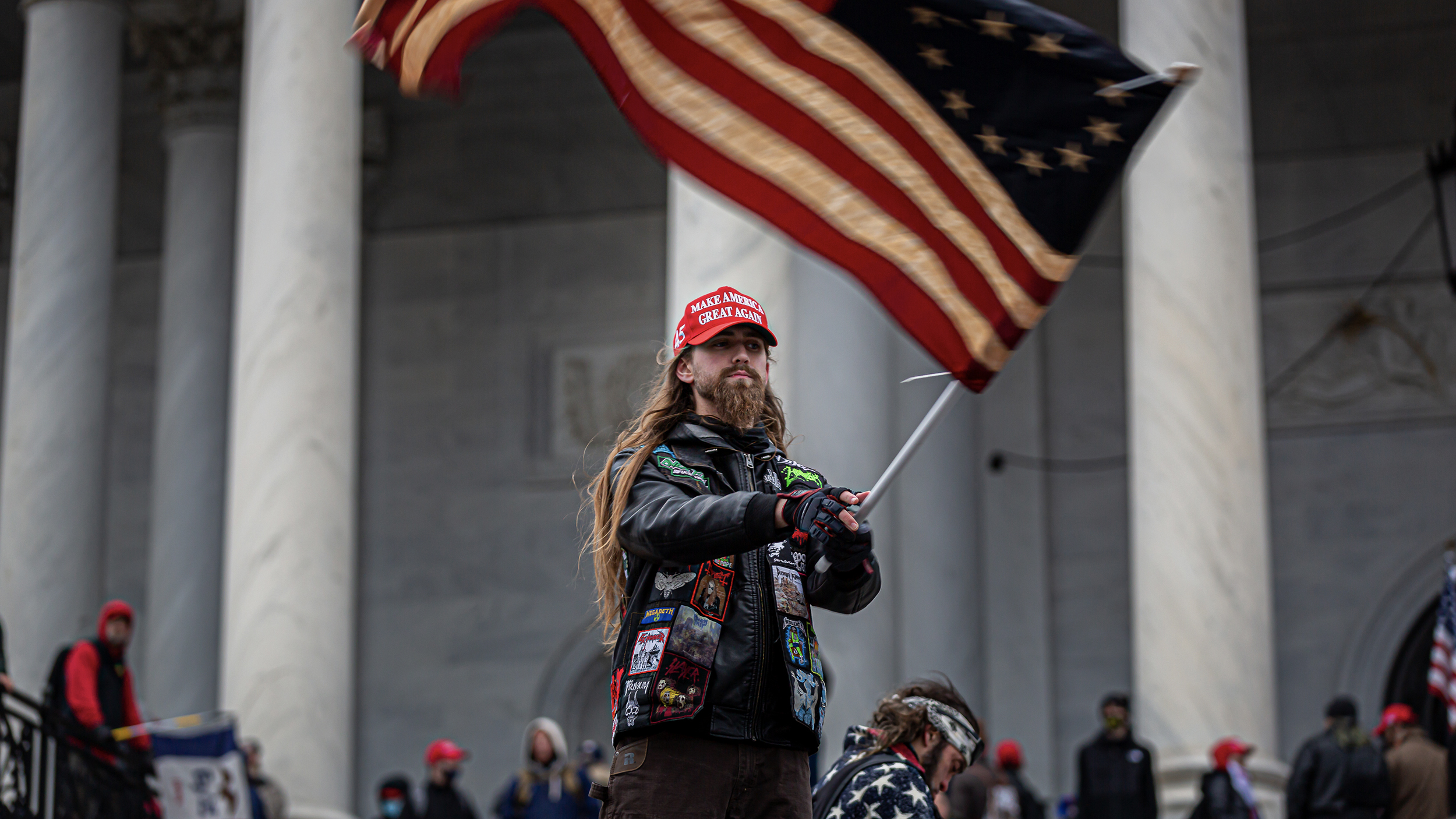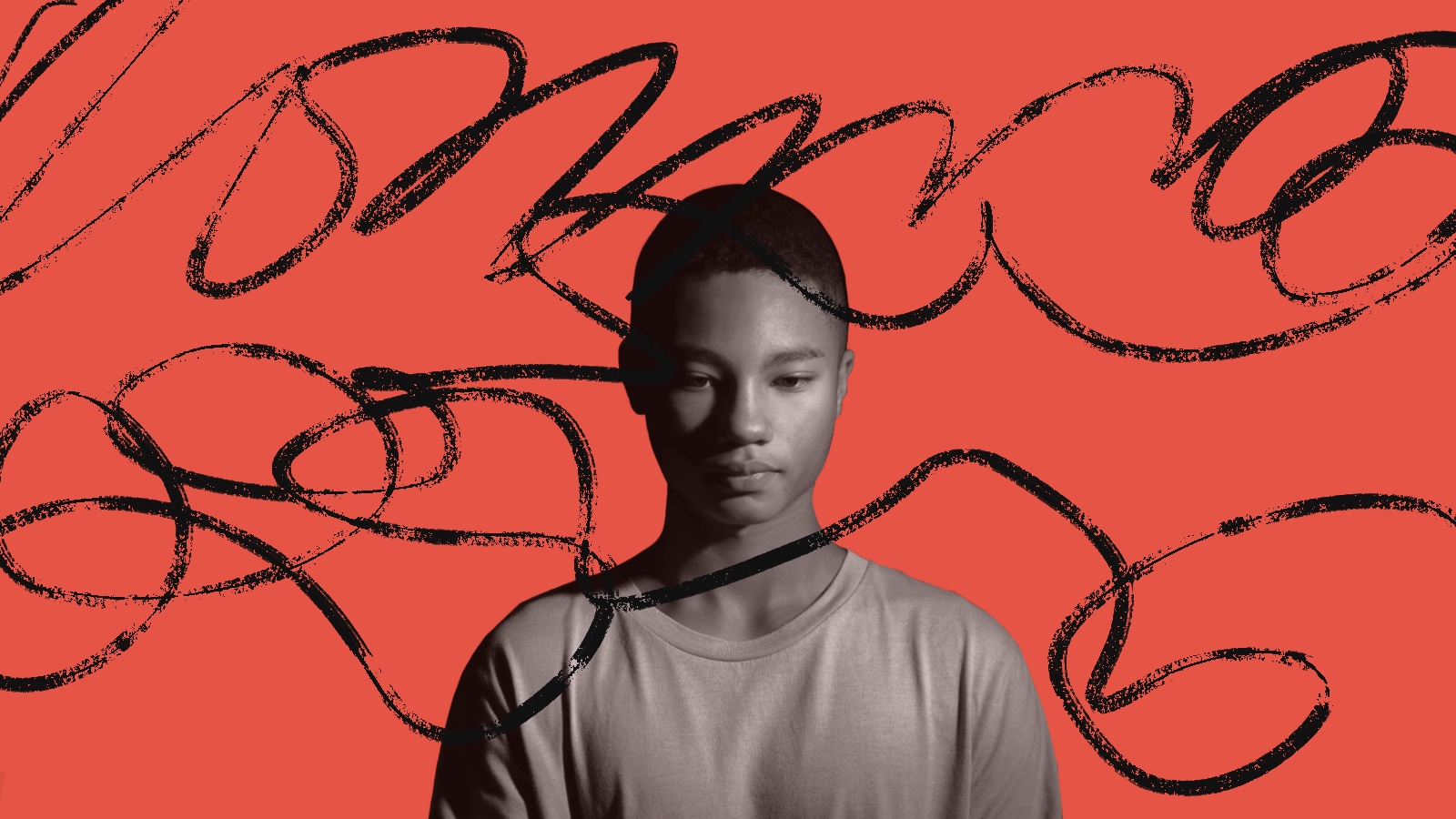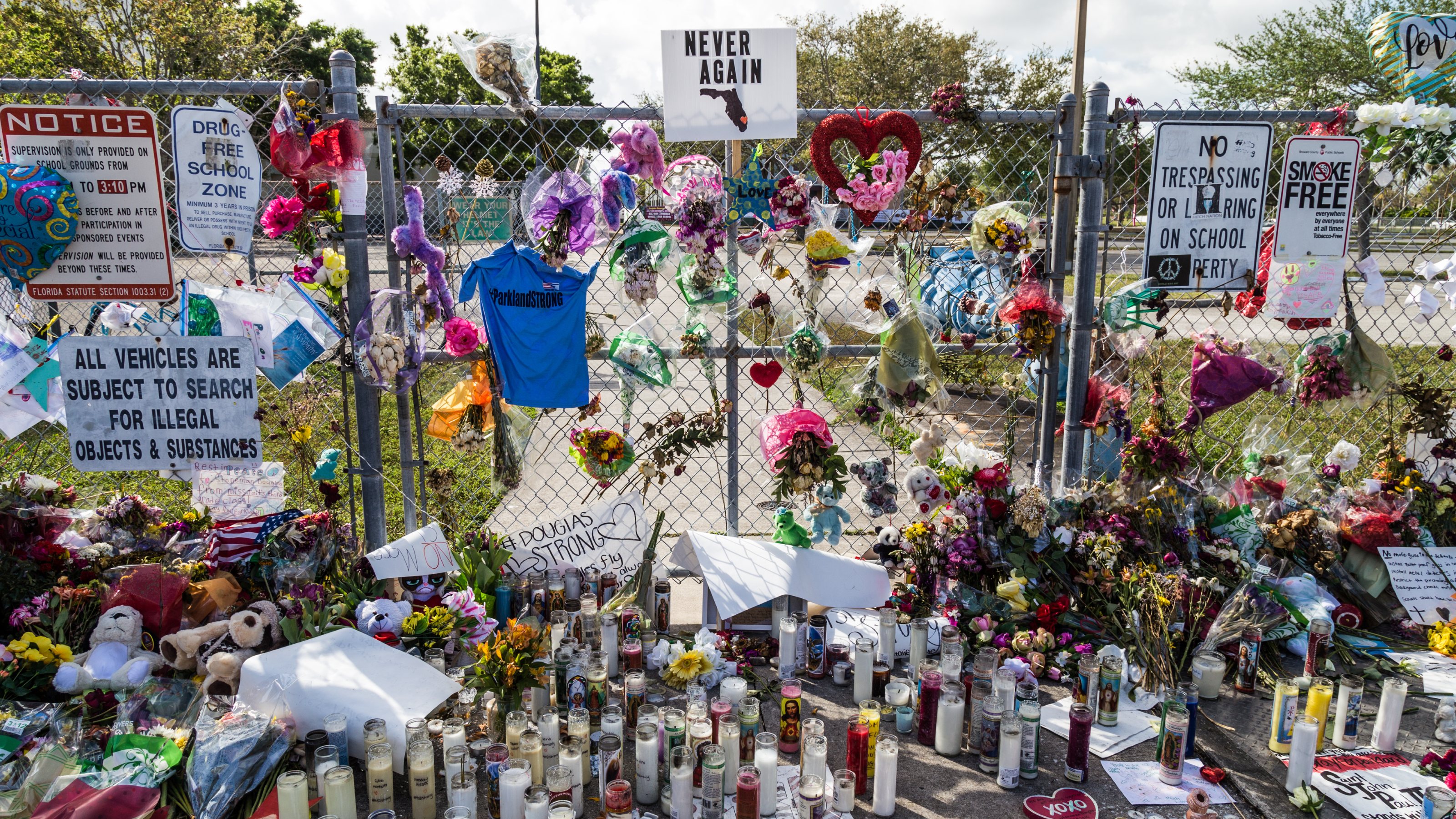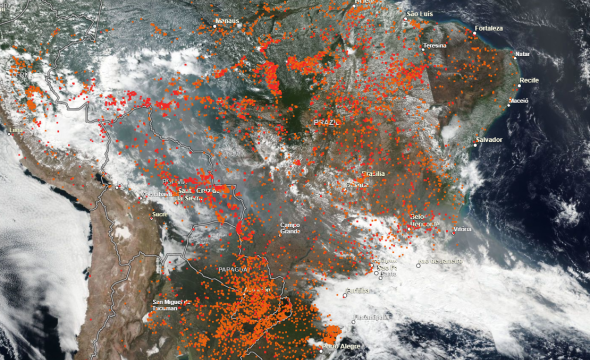Bigotry and hate are more linked to mass shootings than mental illness, experts say

Photo credit: Rux Centea on Unsplash
- American Psychological Association sees a dubious and weak link between mental illness and mass shootings.
- Center for the study of Hate and Extremism has found preliminary evidence that political discourse is tied to hate crimes.
- Access to guns and violent history is still the number one statistically significant figure that predicts gun violence.
Following these increasingly more frequent tragic mass shootings, the conversation has begun to evolve into a new direction. No longer will the public or the punditry accept the blanket blame on video games or mental illness as being the source for a mass shooter’s impetus to kill.
Recently, Arthur Evans, the CEO of the American Psychological Association, put forth a statement that said there is a very weak link between mental illness and mass shootings.
Instead, he put forward the hypothesis that hate and bigotry combined with unfettered access to guns leads to these deadly affairs. While the act of mass murder by no means warrants a psychological equivalance to the meaning of “sane.” It appears that the APA is suggesting that bigotry and hate are not forms of mental illness, but rather mental states of being.
This may sound like an equivocation, but it allows us to approach this in a more nuanced way. It may lead to better ways on how to combat the roots of this hate and bigotry, which is now suggested by some to be the cause of these shootings.
Statistically, mental illness doesn’t account for much
Evans pointed toward a number of statistics to show that serious mental illness only accounts for less than 1 percent of yearly gun-related homicides. He states:
“The biggest predictor of who is going to commit these crimes is violence, a history of past violence. That is the single-best predictor of who is going to act in a violent way and commit these kinds of violent acts. In addition, we know that there are other factors — stressors, alienation, disaffection, a history of domestic violence — all of those contribute to people’s likelihood to act out in violent ways. Mental illness is in there, but not as strong as some of these other factors.
Correlating mental illness to mass shootings doesn’t work out statistically, but some social researchers believe that they can chart fiery political discourse to a rise in percentage of hate crimes.
Are hate crimes and political discourse connected?
President Donald Trump is by no means a model statesman for traditional political discourse.
It’s not news and will never be news to know that an overwhelming amount of people have lambasted Trump either for perfectly legitimate reasons, radical ideological differences or political reasons.
Some experts believe that they’re starting to find some evidence that his kind of remarks have an influence on stirring hate.
An analysis of FBI data by the Center for the Study of Hate and Extremism at California State University-San Bernardino found some preliminary evidence that there has been a rise in hate crimes tied to intense political debates.
For example, during August 2017, the clash between the hodgepodge of “Unite the Right” white nationalist protesters and counter protesters in Charlottesville, Virginia — when Trump was critiqued for saying there were “very fine people on both sides,” the researchers found that hate crimes had risen to 663 incidents.
Additionally, the team found incidents rose during Trump’s victory over Hillary Clinton and during the 2015 terrorist shooting by a Muslim couple in San Bernardino California, where they saw a spike of reported hate crimes against Muslims and Arabs nationwide.
The center’s director, Brian Levin has stated, “We see a correlation around the time of statements of political leaders and fluctuations in hate crimes. Could there be other intervening causes? Yes. But it’s certainly a significant correlation that can’t be ignored.”
However, as far as we know now political speech cannot be the only reason acts of violence are committed. The authors of the study note that federal hate crime data has long been criticized as incomplete. While this correlation is too obvious to pass up, there remains a number of questions still regarding the major factors that spur hate-filled mass shootings.
Trump eventually released a statement after the last mass shootings saying, “In one voice, our nation must condemn racism, bigotry and white supremacy. These sinister ideologies must be defeated. Hate has no place in America.”
Regardless of whether these statements are political placation or Trump’s true feelings, it seems to be a step in the right direction. Trump’s policy and rhetoric on the other hand still primarily blames mental illness.
“Mental illness and hatred pulls the trigger,” Trump said before adding, “not the gun.”
If we can all at least agree that hate is to blame. The next question is — what do we do about it?
Fear and hate correlate
Harvard psychologist Susan David warns that the dangers of fear-mongering through the media and questionable journalism can weather down our resistance to fallacies and hate speech.
And it’s a big problem because fear is the favorite dish served in politics. It sells and it gets people to vote.
Susan states:
“We have politicians who are effectively demagogues, who aim to inspire fear and cement our bond to them by hyperbolizing a threat to our mortality. So how can we repel deceptive messaging and see clearly?”
Referencing psychologist Daniel Kahneman’s system of two kinds of thinking — one of those being intuitive and emotional visceral response, and the second being deliberate thoughtful examination — Susan encourages the latter.
“. . . if we can step back from our fear and see it for what it is — manipulated panic rather than — we can protect ourselves from the demagoguery message and re-align with our true values.”
Antidotes to hate and bigotry
In a video with Big Think, activist Maajid Nawaz sets forth a very ironclad logical statement.
No idea is above scrutiny and no people are beneath dignity.
At the root of this is the ability to have intellectually stimulating conversations about controversial and complex problems in our world without resorting to bigotry or heavy-handed demagoguery.
This logic framed for the debate on gun violence allows us to approach the manner in an even keeled objective state.
Until we can settle our minds free of fear and learn to communicate with one another, we can’t expect anything to change.





